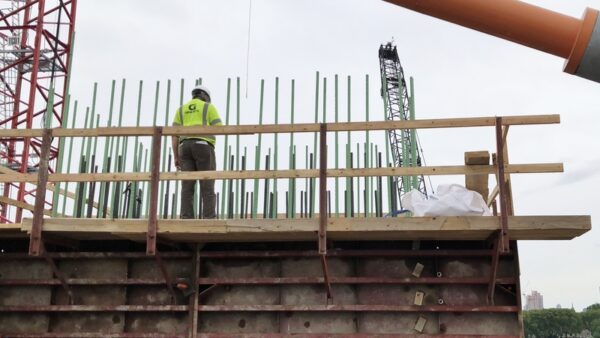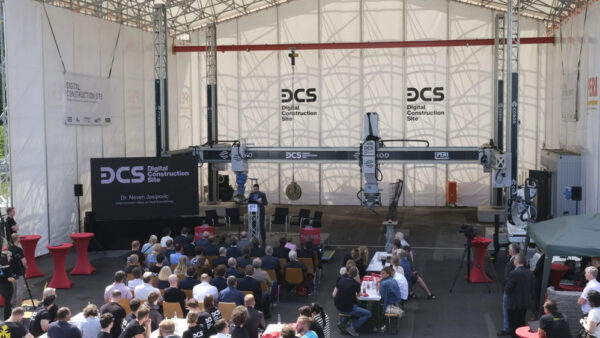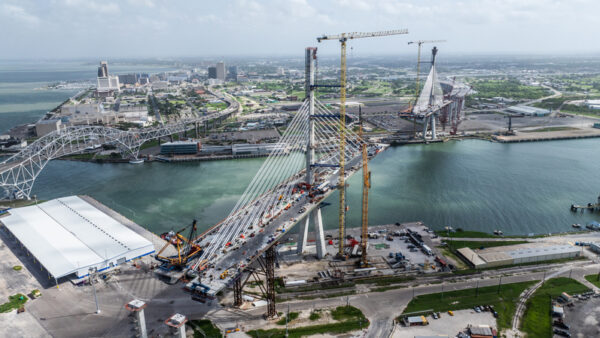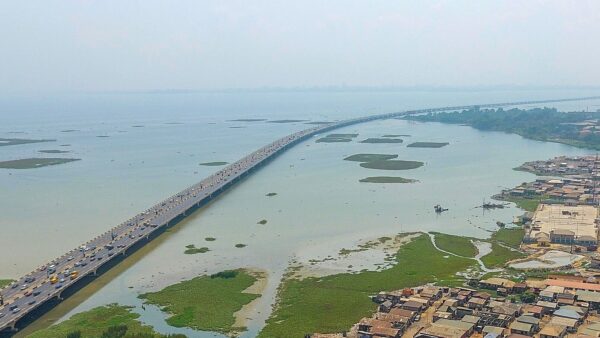Amidst deteriorating relations with gas-exporting Russia, the European Commission (EC) has proposed that European countries should increase their overall energy efficiency by 30% by 2030.
Buildings would play a major role in the reductions – the EC says that thanks to tougher codes, new buildings use half the energy they did in the 1980s.
The proposed target goes beyond the 25% energy savings target which would be required to achieve a 40% reduction of CO2 emissions by 2030.Â
The Commission said that the energy efficiency of buildings had increased at a rate of around 1.4% a year but that governments needed to find ways to “accelerate and finance upfront investments and speed up the renovation rate of the existing stock from 1.4% – today’s average – to above 2% annually”.
The new target will have to be ratified by the European Parliament and the European Council before it can become binding policy.
Günther Oettinger, vice-president of the European Commission for energy, said the target was “ambitious” but that “at the same time it is realistic”.
Energy security through a “significant reduction of natural gas imports” was listed as one of the main reasons for the new target, which was issued by the EC last week as relations with Russia, widely blamed for the shooting down of flight MH17, continued to spiral downwards.
Europe relies heavily on Russian natural gas. Some EU member states (Estonia, Finland, Latvia and Lithuania) rely on Russia for 100% of gas supply, while for Greece the share is 76%, for Hungary it is 60%, and for Austria and Poland it is approximately 49%, according to the EC (2007 figures).
Writing in the Guardian newspaper on Sunday, former UK energy secretary Chris Huhne said insulating homes and other measures to make buildings more energy efficient “makes sense both to protect the planet and to punish Putin“.






